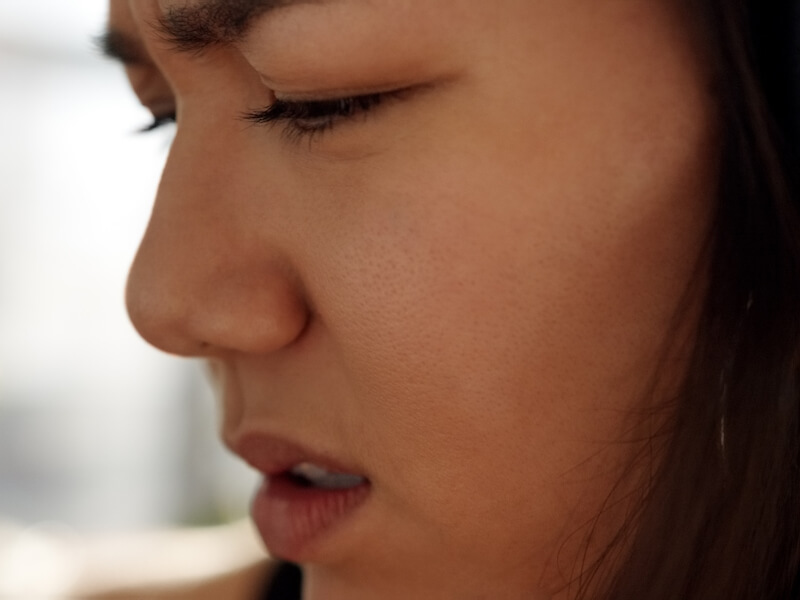
It’s well known that stress, particularly for extended amounts of time, can be extremely hazardous for your body. Stress can cause serious muscle pain and headaches. But tinnitus, a buzzing, clicking, or ringing in the ears can also be the result.
Tinnitus can be triggered by numerous different health factors, such as stress, sinus infections, or loud sounds. Let’s have a look at some potential causes.
How to Distinguish Unhealthy Stress
How does stress relate to tinnitus? It’s often easy to neglect how serious the medical impact of stress can be on our bodies. Ignoring stress isn’t a good idea.
Healthy Stress
Stress that lasts a few minutes, or even a few hours, can actually play an important role in getting necessary tasks completed. If you’re dealing with a deadline and have to focus on accomplishing a project, stress can be an ally by providing the boost of energy necessary to finish the job.
There is a difference, though, between healthy, temporary stress and unhealthy, damaging stress. The ability to accomplish goals can be assisted by healthy stress while unhealthy stress can physically harm you.
Unhealthy Stress
Unhealthy stress is caused by the fear of something that, more often than not, never in fact happens. Unhealthy stress is created when an individual remains in a heightened state of anxiety for an extended period of time.
In hazardous conditions, the fight or flight response is a natural reaction but it also is associates with unhealthy stress. When an individual stays in a hyper-stressful state for an extended period of time, it can result in harmful physical symptoms.
Worrying
Worrying is an extremely common cause of unhealthy stress. We might exaggerate the importance of a situation or a relationship with other people. We may tell ourselves we destroyed a chance at a promotion because of something we said. Too much worrying can lead to invasive, seemingly uncontrollable thoughts.
Unhealthy Stress And Invasive Thoughts
We might believe that we are falling behind and failing to accomplish our day-to-day tasks. Fixation, unending internal dialog, and even panic are a common part of this type of stress. If we don’t take some positive steps to deal with this stress it will keep wearing down our body.
Pain and muscle tension on the upper body are normal effects of unhealthy stress. Affected areas might include the head, neck, jaw, or shoulders.
Jaw Tension And Anger
Have you ever read a book where the author portrays a character as being so angry his jaw clenched in rage? Jaw strain is a prevalent symptom of stress, anger, worry, and invasive thoughts.
Pressure can be put on the fragile bones of the inner ear and eardrum by sustained tension. Ringing in the ears can be the outcome.
Sinus Infections And Ear Strain
Sinus infections cause lots of unwelcome symptoms, from a soar throat to a stuffy nose.
Sinus pressure, headaches, and pressure in the ears are common symptoms of a sinus infection. A ringing, clicking, or buzzing can be the outcome.
During a sinus infection, your nasal congestion often spreads to your ears. This can produce accumulated earwax, which leads to clogged ears and extreme pressure on the eardrums. Pressure on the fragile bones of the inner ear can lead to tinnitus symptoms.
You might not need to go to a hearing specialist if the ringing is the result of a sinus infection, as the symptoms could go away by themselves. But you should absolutely make an appointment with us if the ringing persists for more than a few days.
Prolonged Exposure to Loud Noises
Lasting ringing in the ears will most likely not develop due to the occasional concert. If you routinely expose your ears to intense sounds, however, you might be introducing stress to the tender parts of your ears.
Ringing, clicking, or buzzing can be the consequence when the eardrum and inner ears are put under the tremendous strain of frequent exposure to intense noises.
Beyond the occasional ringing in your ears, exposure to loud sounds over a prolonged period of time can trigger temporary or permanent hearing loss. Listening to music at a sensible volume and using ear protection when required is indispensable for hearing health.
Protecting Your Ears
Whether caused by stress, muscle tension, an illness, or loud noises, tinnitus is nothing to ignore. Having your hearing tested by a hearing specialist frequently is your best bet. If you suspect the ringing in your ears has a serious underlying medical cause, you should have them checked for your peace of mind.